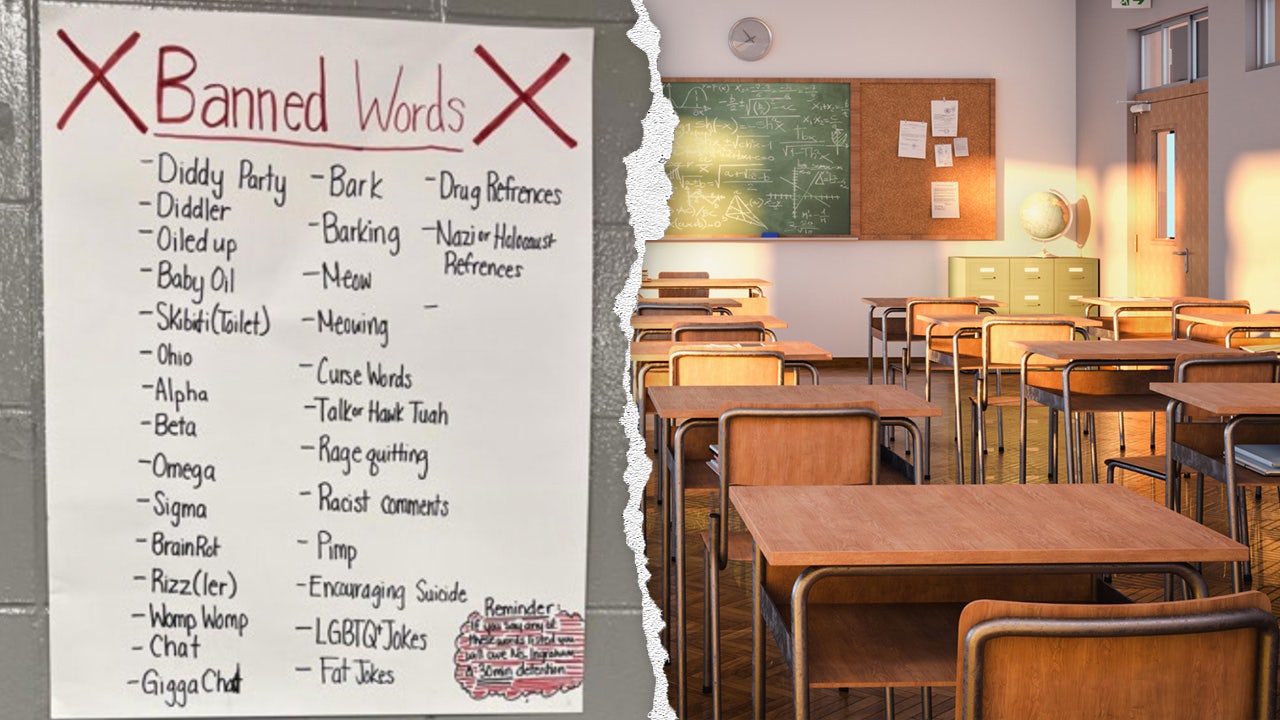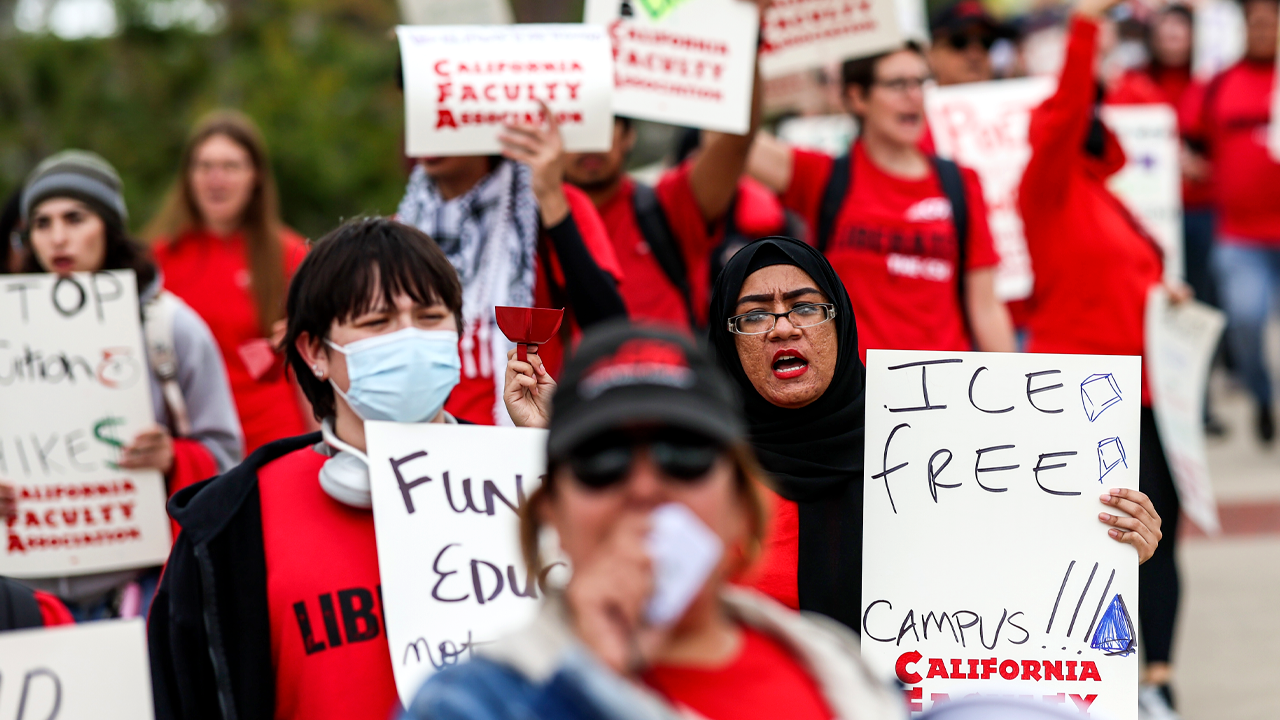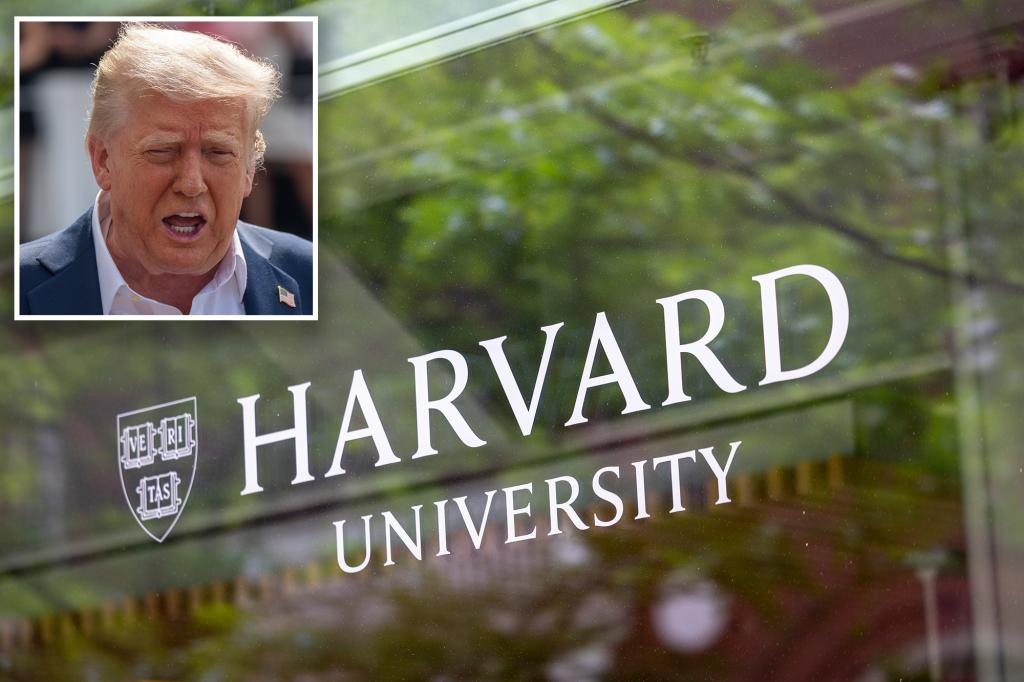Introduction
The recent controversy surrounding an Iowa teacher’s list of banned words has reignited a passionate debate over free speech in education. The list, which includes seemingly innocuous terms such as “Ohio” and “rizz,” has raised serious questions about censorship, academic freedom, and the role of language in shaping the classroom environment. While some argue that such measures are necessary to maintain order and prevent disruption, others see them as an overreach that undermines essential rights to free expression and creativity. As the conversation evolves, it becomes clear that this issue touches on broader societal themes, including the limits of authority in educational settings and the dynamic relationship between language and culture.
The Controversial List
In a move that has both baffled and outraged many, an Iowa teacher introduced a list of words deemed “inappropriate” or “disruptive” for classroom use. Among the banned terms were “Ohio,” a state name, and “rizz,” a slang term referring to charisma or flirtatious charm. According to the teacher, these words, along with others, had become so pervasive in student conversations that they were distracting from the educational process. The list quickly went viral, attracting attention from media outlets, parents, students, and free speech advocates alike.
Why “Ohio” and “Rizz”?
The inclusion of words like “Ohio” and “rizz” on the banned list has left many questioning the teacher’s rationale. “Ohio” has no inherent offensive meaning, and its inclusion seems arbitrary at first glance. However, it appears that the teacher was responding to a growing trend where certain words or phrases, often adopted by students as part of popular culture or online trends, become disruptive or distracting in the classroom. “Rizz,” for example, is a term that has gained traction among younger generations through social media, particularly in TikTok videos and memes. The teacher may have perceived its widespread use as undermining the seriousness of academic discourse and wanted to curb its influence in the classroom environment.
Free Speech and Education: A Delicate Balance
The issue at hand—whether banning certain words infringes on students’ right to free speech—brings up significant questions about the role of educators in managing classroom dynamics. Free speech in schools is a complex issue, as it must balance the protection of individual expression with the necessity of maintaining an environment conducive to learning. Legal precedents, such as the landmark Tinker v. Des Moines Independent Community School District (1969), have affirmed that students do not shed their First Amendment rights at the schoolhouse gate. However, the Court also recognized that speech could be limited if it disrupts the educational process.
The Case for Censorship in Schools
Supporters of the teacher’s decision to ban certain words argue that educators have a responsibility to maintain order and ensure that classroom time is used productively. In a diverse and often turbulent school environment, the introduction of disruptive language or slang can create distractions that interfere with learning. For example, terms like “rizz,” while not inherently offensive, may be used in ways that promote inappropriate behavior or foster an atmosphere of exclusion. The teacher’s intent, from this perspective, is to protect the learning environment from becoming a forum for unregulated, potentially harmful discourse.
The Free Speech Argument
On the other hand, critics contend that banning words like “Ohio” and “rizz” is an overreach that undermines students’ freedom of expression. Language is a powerful tool for self-expression, and attempts to censor certain words may stifle creativity and open dialogue. By limiting the words students can use, educators risk creating an atmosphere of fear and conformity, where students may feel restricted in their ability to communicate or explore new ideas. Free speech, even in educational settings, is a fundamental right that should be preserved as much as possible, and this case raises important questions about how far schools should go in regulating language.
The Role of Social Media and Pop Culture in Shaping Language
One of the underlying factors contributing to the controversy is the increasing influence of social media and pop culture on the language used by students. Terms like “rizz” have emerged from platforms like TikTok and Instagram, where young people often create and popularize new words and phrases. In many ways, these terms are a reflection of the rapid evolution of language in the digital age. The speed at which new slang enters the lexicon presents challenges for educators who may find it difficult to keep up with shifting trends.
The classroom has traditionally been a place where students learn not only academic subjects but also social norms and communication skills. However, as digital culture continues to shape the way young people interact, educators may need to reconsider how to approach language in the classroom. While it is important to maintain decorum, it is also crucial to acknowledge the fluid nature of language and its role in connecting students to the world around them. Banning terms like “rizz” may be seen as an attempt to stifle a cultural phenomenon rather than engage with it in a meaningful way.
Broader Implications of Censorship in Schools
The Iowa teacher’s banned words list is not an isolated incident. Similar controversies have arisen across the United States, as schools grapple with the challenge of balancing free speech with maintaining order. In some cases, schools have banned books, phrases, and even entire discussions to avoid offending certain groups. These actions often spark debates about the line between protecting students from harmful ideas and limiting their exposure to diverse perspectives.
Book Bans and Censorship Movements
The current controversy in Iowa is part of a larger, ongoing debate about censorship in schools, particularly in regard to books. Across the country, a growing number of school districts have proposed or enacted bans on certain books, often citing concerns about explicit content or political ideologies. This trend has led to widespread protests from free speech advocates, who argue that students should be exposed to a range of ideas in order to think critically and develop their own views. The same arguments apply to the banning of words: while some may be disruptive, a blanket ban on language can limit students’ intellectual and social growth.
The Impact on Student Mental Health and Expression
In addition to the academic and legal concerns, there is also an emotional and psychological dimension to the issue. For many students, language is a key part of their identity and social interaction. Restricting access to certain words could be seen as an attack on their sense of self and their ability to connect with their peers. Furthermore, a climate of censorship may exacerbate feelings of alienation or anxiety among students who are already navigating complex issues of self-expression, identity, and social dynamics.
Conclusion: Finding a Middle Ground
The debate surrounding the Iowa teacher’s banned words list is a microcosm of a larger conversation about free speech, censorship, and the role of education in fostering an open and respectful environment. While maintaining discipline and focus in the classroom is important, it is equally crucial to protect students’ right to express themselves freely. Rather than resorting to blanket bans on language, schools should focus on teaching students about the responsible use of language, promoting mutual respect, and encouraging dialogue. Striking the right balance between authority and free speech in the classroom is not an easy task, but it is one that must be approached with care, understanding, and a commitment to both academic excellence and personal expression.
See more TED Talks World



